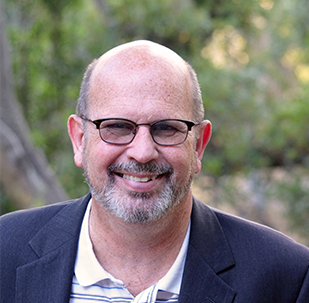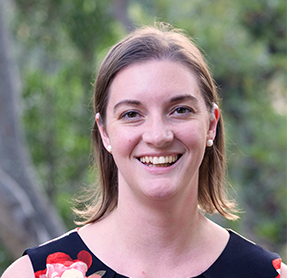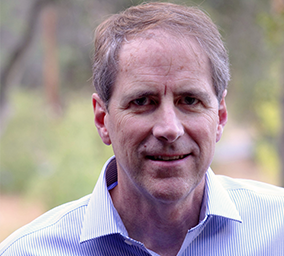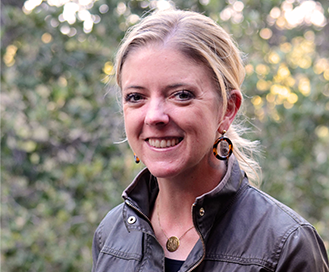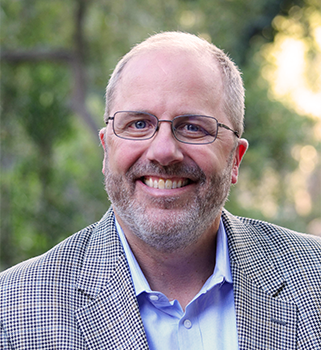The Problem
In countries around the world, when children age out of alternative care systems, they fail—overwhelmingly. This is not always a result of neglect. There is often no lack of love or good intentions. Many of those who care for children living outside families live out love for them on a daily basis. But love and good intentions are not enough.
Children still fail.
Kids who grow up in the system rarely become successful adults.
Global orphan statistics are notoriously unreliable, but there are a few things we know for sure. At least 6 million children live in orphanages, and many millions more in foster care. What we know about these kids when they age out of care is that they do not make a successful transition to independence.
A childhood spent in alternative care rarely translates into a successful adulthood. At some point we have to ask ourselves: Are we really making any difference in the lives of these kids? If we are spending only $3,000 per year on each child in residential care, that means we are investing 18 billion dollars annually without improving outcomes for orphans.

Our Response
For high-risk OVC, quality residential programs work. They represent the very best opportunity for children from highly-traumatic backgrounds to successfully reintegrate into their communities.
Research and experience have taught us that there are three must-have components of excellent care:
- integrated child-focused care
- relevant vocational training
- comprehensive transitional programming
We tailor our training to meet organizations where they are—and help them chart a course to where they want to be.
Go here to better understand our perspective on residential care, or keep scrolling down to learn more about our training focuses.
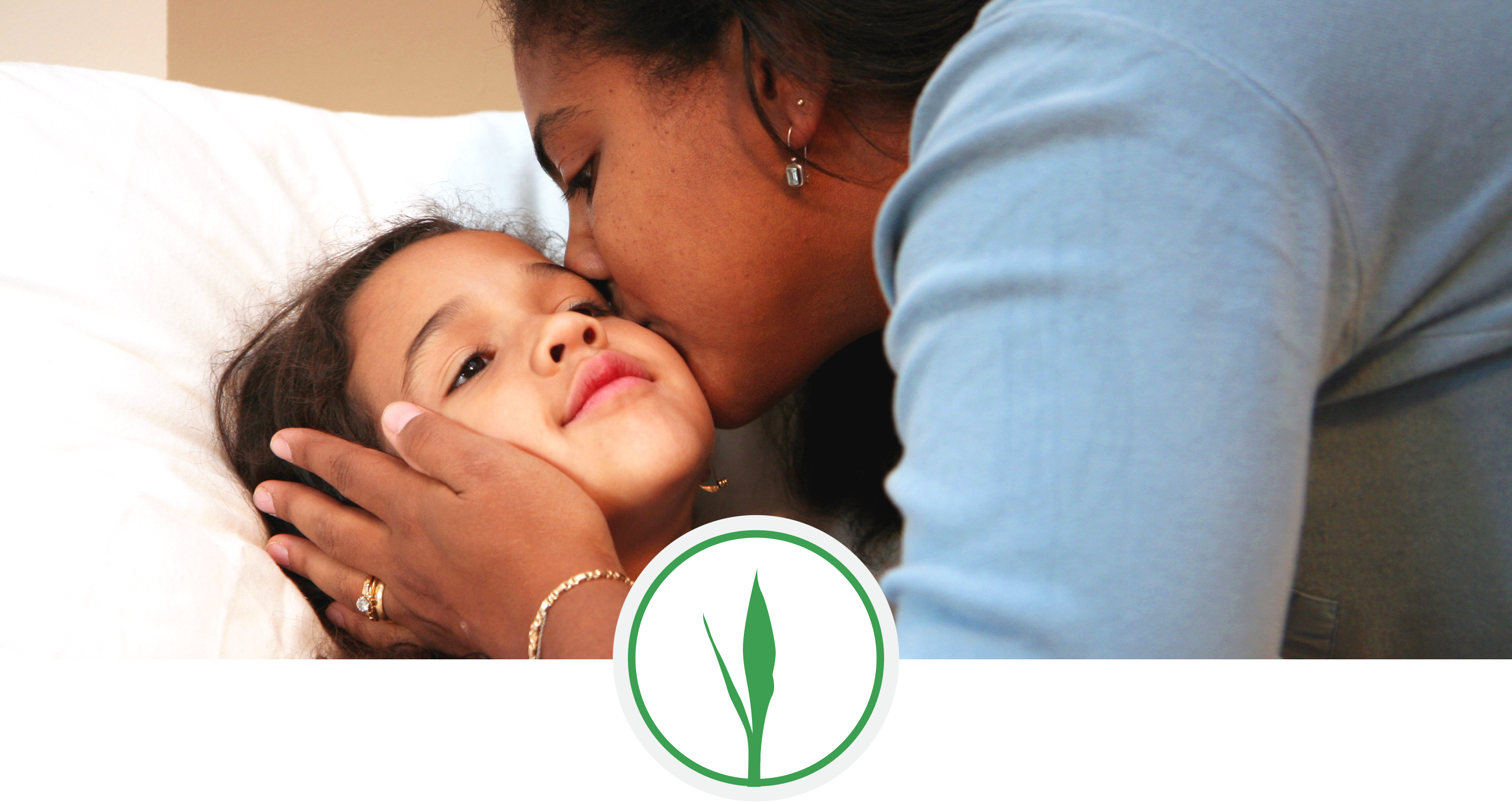
Essentials of Care
In many cases it is all a program can do just to keep kids alive and off the streets. This is certainly a necessary effort, but where possible, we build programs’ capacity to do more. Reunification with family where it is in the best interest of the child, access to healthcare, proper nutrition, opportunities for exercise, education, consistent caregivers, privacy, respect for personal dignity. These elevate the standard of care, and afford each child a greater chance to succeed in adulthood. We can help you reach these goals.

Securing Employment
It is important that kids are trained and prepared to earn a sustainable income once they age out of care. There are many ways to do this. For providers who choose to offer vocational training at their own facility, we can help you design and build, or improve your existing program. We will encourage you to consider your local economic opportunities and potential partnerships, and teach your program how to build mutually beneficial relationships with employers in your community.

Transition to Independence
You want your kids to succeed when they age out of your program. In an institutional childcare setting, training children to be independent is often an afterthought, or essentially neglected. It is important to be intentional about preparing children for independence. We will help you develop goals, protocols, and programs that will enable your students to succeed when they age out.


